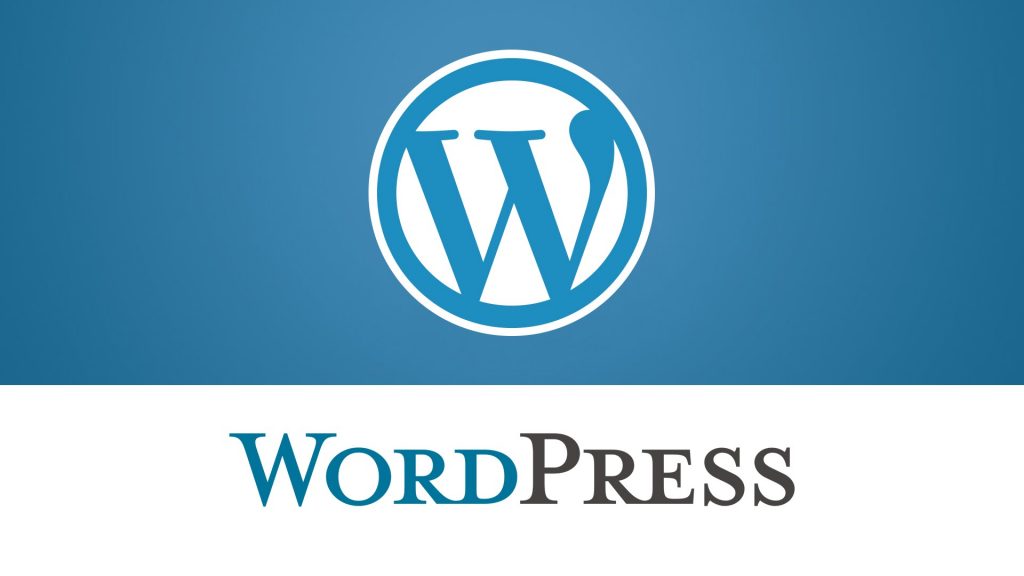The Most Expensive Rebrands Ever And If They Were Worth It
Rebranding is one of the most major and dramatic marketing moves a company can undertake as it involves the complete shift of your company’s visual identity.
In many cases, the shift is necessary; a business in Marlow that radically pivots its business offering may ask a branding agency in High Wycombe to help them forge a new identity that respects its history but also more appropriately reflects its new direction.
In other cases it is about staying competitive, but regardless of the reasons some rebrands are far more expensive than others.
Cardiff City Football Club – £80.5m
As historic pillars of a given community, football clubs require more careful and comprehensive rebranding than most, particularly for long-running clubs with an extensive history and established identity.
This made the decision in 2012 by then-owner Vincent Tan to change the entire team’s brand identity from the bluebird to the red Welsh Dragon at a purported cost of over £80m somewhat questionable, although this figure has been disputed.
The claim was that it would bring good luck and help inspire international investment in the club, but after three years of it being clear that the shift was not helping, Mr Tan would reintroduce the blue kit in 2015 with a red away kit.
British Petroleum – £169m
In 2001, British Petroleum changed its marketing name to simply BP and established the “Helios” sunflower logo that was meant to mark its shift away from its primary identity as a fossil fuels company.
For a time the considerable expense was worth it, with customers believing they were a green energy company until the Deepwater Horizon catastrophe and subsequent PR disasters ruined their reputation.
Symantec – £1.03bn
Whilst any branding exercise that costs over a billion pounds with a “b” would seem doomed to never make its money back, that eye-watering expense must be explored in context.
Symantec, a cybersecurity giant known for the Norton security suite, bought Verisign’s authentication business, which provides websites with security certificate authentication.
This included a pixelated check mark that had become a symbol of trust online that was quickly added to Symantec’s logo.
Taken holistically, the decision was not worth it, but not due to ineffective branding. A series of controversies that had led to both Google and Mozilla removing trust in Symantec’s certification ultimately forced Symantec to sell this part of the business to DigiCert, losing £240m in the process.
To find out how Crisp can help you grow your digital revenue, please Contact Us or take our Digital Scorecard to find out how you can improve today.





